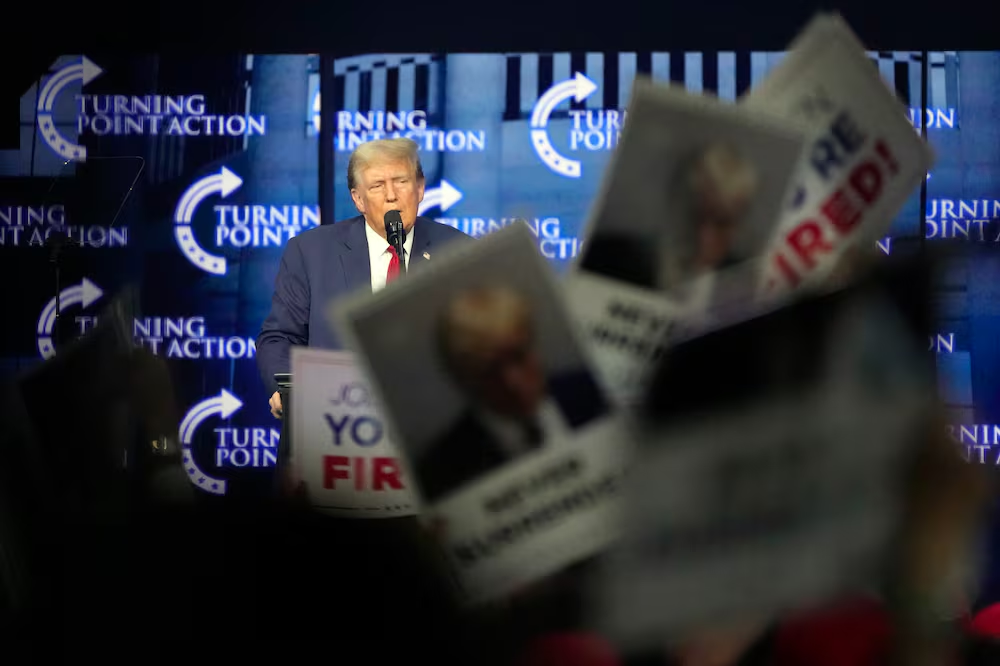A New York judge announced on Tuesday that Donald Trump’s sentencing for his business fraud conviction will be postponed until September. This decision follows Monday’s Supreme Court ruling on presidential immunity.
The delay means Trump will avoid any immediate punishment for his felony conviction during the summer. This comes as his election campaign gains momentum following President Joe Biden’s recent debate performance, which has led some Democrats to question his candidacy.
Originally scheduled for sentencing on July 11, Trump will now face sentencing on September 18, pending any further developments, according to Judge Juan Merchan.
This announcement highlights the impact of the Supreme Court’s recent ruling, which states that presidents have absolute immunity for “core” presidential duties. The decision casts doubt on special counsel Jack Smith’s indictment of Trump on election subversion charges, making a trial before the November election unlikely. It may also affect Trump’s indictments in the classified documents and Georgia election interference cases.
Trump became the first former U.S. president convicted of a felony in May when a Manhattan jury found him guilty on 34 counts of falsifying business records in his hush money trial.
Following the Supreme Court’s ruling, Trump’s legal team filed a letter seeking to challenge his conviction, arguing that the decision supports their position that Manhattan District Attorney Alvin Bragg should not have been allowed to present evidence regarding Trump’s “official acts” at trial. As a result, they believe the jury’s guilty verdict should be overturned.
“We believe the defendant’s arguments are without merit, but we do not oppose his request for leave to file and his request to adjourn sentencing pending determination of his motion,” the DA stated in a letter on Tuesday.
Trump’s lawyers argued that evidence presented during the trial, including testimony from former White House Communications Director Hope Hicks and Trump’s tweets and phone records, should not have been used, as it pertained to his official duties as president. They contend that the Supreme Court ruling grants Trump presumptive immunity from prosecution for all official acts.
Trump’s attorneys wrote, “The verdicts in this case violate the presidential immunity doctrine and create grave risks of ‘an Executive Branch that cannibalizes itself.’”
